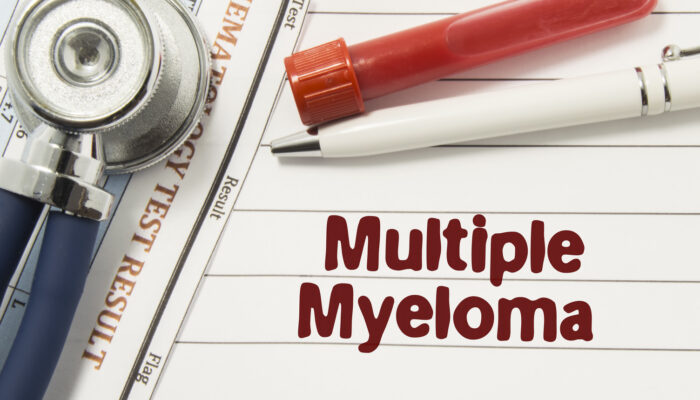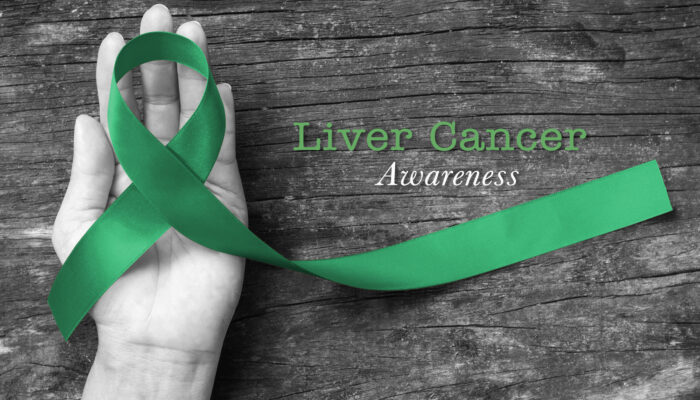
All you need to know about pulmonary hypertension
Pulmonary hypertension is a complex condition that could lead to several complications, which can lead to fatal consequences. The right diagnosis, effective treatment, and lifestyle changes can prolong the life of the patient.
What is pulmonary hypertension
The occurrence of high blood pressure in the lungs is referred to as pulmonary hypertension (PH). It is different from common hypertension or high blood pressure syndrome. The latter puts pressure on the arteries while in pulmonary hypertension, it is the blood vessels in the lungs that get affected.
There are different forms of PH, of which there are some forms that can turn fatal with time. Some types of PH are can be reversible. It is important to find the exact cause and then seek suitable treatment.
Symptoms
What is worrying about pulmonary hypertension is that it does not manifest itself in noticeable ways in the early stages. The symptoms appear only in the later stages. The various symptoms that could be due to PH are:
- Exhaustion
- Fainting spells
- Shortness of breath
- Pain or discomfort in the chest
- Palpitations
- Swelling in legs
- Skin and lips turning blue
Causes of pulmonary hypertension
The lungs are responsible for purification of blood during blood circulation. The lungs release oxygen into the blood and sent it to the heart for circulation. The blood pressure in lungs is generally low, but the pressure increases when specific changes occur in the cells of pulmonary arteries. It makes the artery walls rigid, thus reducing the blood flow. This, in turn, increases the blood pressure in the arteries of lungs.
What are the complications of pulmonary hypertension
High blood pressure in lungs can gradually lead to heart failure. It could also lead to blood clots in the lungs that can turn fatal. Palpitations, arrhythmia or irregular heartbeat, bleeding in lungs, or even vomiting blood are some of the critical complications that can occur due to pulmonary hypertension.
Treatment
It is important that your doctor diagnoses the type of pulmonary hypertension you are suffering from in order to start the right treatment. One should remember that PH is a serious ailment and it will need extensive treatment as well as regular follow-ups with the doctor.
Like blood pressure, pulmonary hypertension does not have a definite cure. But the symptoms can be controlled and the progress of the disease can be prevented.
The treatment for pulmonary hypertension comprises of medications that mainly relax arterial muscles and facilitate blood flow. Anticoagulants to prevent blood clots in the lungs are also given to the patients. Those who suffer from swelling are given diuretics to eliminate excess fluid from the body.
Doctors also suggest lifestyle changes as it could also contribute to alleviation of symptoms. Leading an active life, getting enough rest, staying away from addictive substances, and having a nutritious diet can be very helpful in managing pulmonary hypertension.
The most important thing to keep in mind is not to lose hope. Pulmonary hypertension may not have a cure, but with your doctor’s help, it can be effectively managed, allowing you to lead a healthy life.



